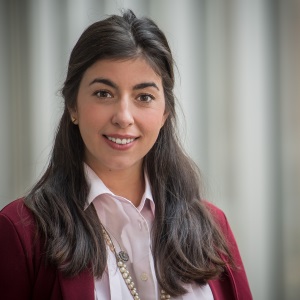
A descriptive wordmark cannot be registered in many cases. In the case of Vlaanderen Muziekland, however, the Brussels Court of Appeal takes a different view.
1. Who were the parties that came up against each other?
TV Makers (registered in Belgium) versus the Benelux Office for Intellectual Property (BOIP), the competent authority for trademark and design registration in Benelux. The case was heard before the Court of Appeal in Brussels.
2. What did it concern?
The BOIP received an application from TV Makers to register the (word)mark Vlaanderen Muziekland, primarily for media and cultural activities (TV programmes), an application that had previously been denied. Their argument was that this wordmark is not distinctive because the two terms ‘Vlaanderen’ and ‘Muziekland’ are independent of each other and are only descriptive when used in conjunction with each other. No exclusive brand protection can therefore be obtained for such terms.
3. What was the ruling?
According to the Brussels Court of Appeal, ‘Vlaanderen Muziekland’ is certainly highly distinctive and therefore not purely descriptive. As a result, the brand was registered in the Benelux trademark register and TV Makers thus have exclusive rights to this brand.
4. What were the Brussels Court’s grounds for this decision?
‘Vlaanderen Muziekland’ comes as a combination of words that is not found in the Dutch language and has no logical or grammatical connection. ‘Muziekland’ is a newly created word and therefore does not exist in the Dutch language. The combination of the two terms is also uncommon, based on fantasy and carries more meaning than the two words alone, according to the Court. ‘Vlaanderen Muziekland’ lingers in the memory, the Court believes, and allows the public to take away a positive or even negative experience and in turn to distinguish the goods and services (i.e. the TV programme) from rival programmes.
5. What can we learn from this?
The Brussels Court of Appeal appears to take a somewhat softer stance on descriptive marks than The Hague Court of Appeal and the BOIP. The Brussels Court elaborated on its earlier statements in this recent ruling and leaves a lot of scope especially for descriptive neologisms: words that do not exist and can be understood as a description. This is good news for Belgian brand owners, but there is a good chance that The Hague judges would have considered this differently. It also looks unlikely that this ruling will change the BOIP’s practices.

